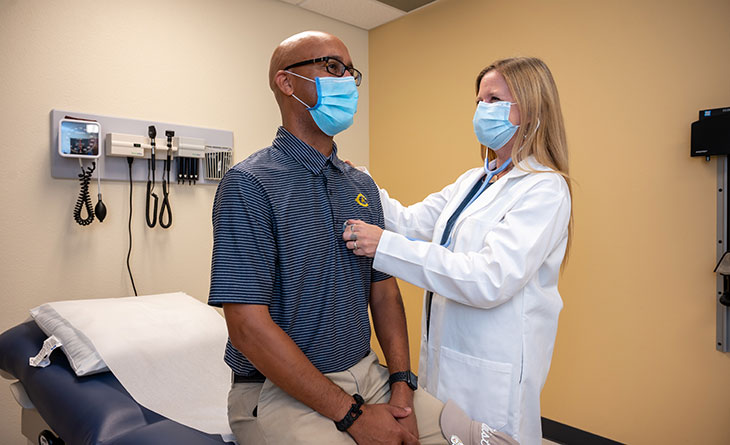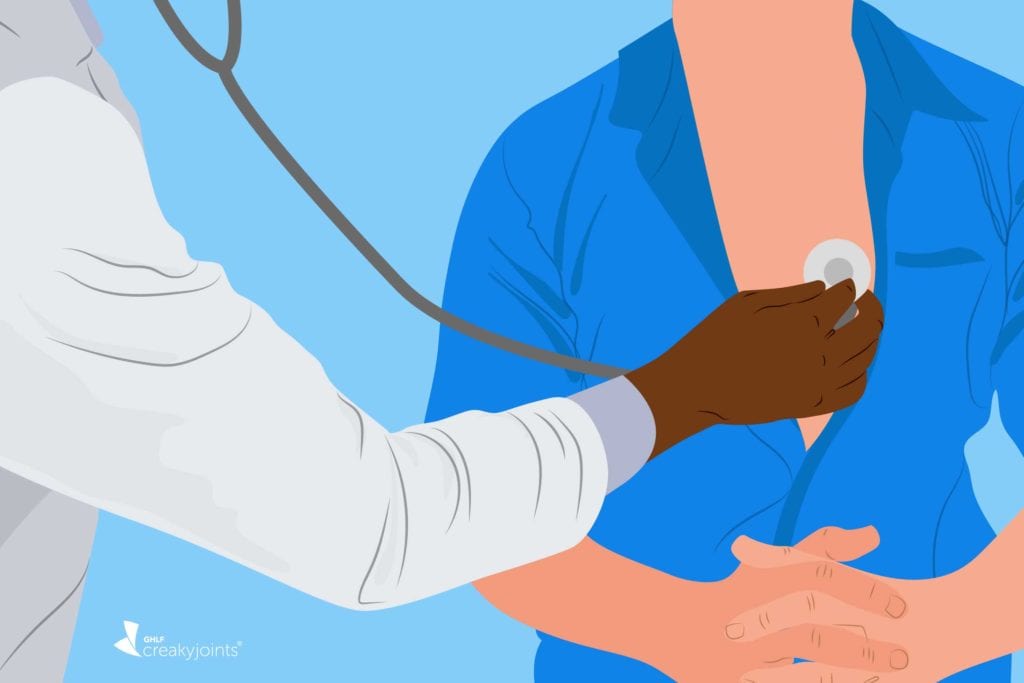Nauseous Nauseated: What's the Distinction and How to Treat It
Nauseous Nauseated: What's the Distinction and How to Treat It
Blog Article
Recognizing the Important Duty of Health Care in Comprehensive Health And Wellness Monitoring and Illness Prevention Methods
The integral function of main treatment in thorough health management and disease prevention methods can not be overemphasized, as it offers as the foundation for effective medical care delivery. By focusing on preventative treatment and cultivating long-lasting patient-provider partnerships, key treatment experts are distinctively positioned to attend to specific wellness needs while likewise affecting more comprehensive neighborhood wellness results.
Definition of Medical Care
Although the concept of primary treatment might vary throughout different medical care systems, it essentially refers to the initial point of contact for patients within the medical care continuum. Health care encompasses a wide variety of solutions, consisting of preventive treatment, medical diagnosis, treatment, and administration of chronic problems. It is defined by its extensive, accessible, and collaborated approach, making sure patients obtain holistic treatment customized to their individual demands.
Primary care carriers, typically family doctor, internists, or doctors, play an essential duty in establishing continuous patient-provider partnerships. This continuity of care fosters trust fund and facilitates much better health end results with normal monitoring and tailored interventions. The focus on a patient-centered approach enables the factor to consider of social, financial, and emotional elements that affect health.
Moreover, key treatment acts as an important element in browsing the medical care system, guiding patients with specialized services when needed. By working as a main hub for health management, medical care not only addresses immediate clinical concerns yet also emphasizes the relevance of total wellness and safety nets. Thus, its definition extends past mere treatment to incorporate a thorough structure for health and wellness promotion and condition prevention.
Advantages of Preventive Care
Preventative care offers various benefits that considerably enhance individual and community wellness end results. By concentrating on the prevention of illness and health and wellness concerns before they arise, preventive treatment minimizes the incidence of major health problems, consequently reducing healthcare costs with time. Early discovery through regular testings and assessments allows for prompt treatments, which can protect against the progression of diseases, leading to boosted lifestyle for patients.
In addition, precautionary care advertises wellness education and learning and understanding, encouraging people to make informed choices regarding their lifestyles and wellness behaviors. This aggressive technique encourages regular examinations, vaccinations, and health testings, which not only profit individuals however also add to the total health and wellness of the area. By decreasing the burden of persistent conditions and stopping outbreaks of contagious conditions, precautionary care plays an essential duty in enhancing public health and wellness.
In enhancement to improving private wellness outcomes, precautionary treatment fosters a much more reliable healthcare system by lessening the need for substantial therapies and hospitalizations. Inevitably, buying preventive treatment is vital, as it facilitates healthier populaces, decreases health and wellness variations, and makes certain better source appropriation within the medical care system.
Function in Persistent Condition Management
The aggressive strategies utilized in preventative treatment are crucial in the management of chronic diseases, which often need continuous interest and resources. Health care providers play a pivotal role in this context, functioning as the first point of call for people with persistent problems such as diabetes mellitus, high blood pressure, and heart problem. They are crucial in creating customized monitoring strategies that incorporate regular tracking, medication management, and lifestyle modifications.

Additionally, medical care companies commonly use modern technology and information analytics to track individual progress and identify potential issues early. This proactive surveillance enhances patient engagement and encourages rapid access clinic people to take an energetic function in their health monitoring. Inevitably, the assimilation of health care into chronic condition monitoring promotes improved lifestyle and reduces the burden on health care systems.
Patient-Provider Relationships

In addition, a robust patient-provider connection improves person involvement and self-management. Service providers who invest time in understanding their clients' backgrounds, preferences, and inspirations are much better outfitted to support them in managing their conditions. This customized method can result in improved health outcomes, as clients are more probable to follow recommendations when they feel valued and comprehended.
In addition, connection of care plays a significant role in strengthening these relationships. Normal communications between clients and companies assist in recurring evaluation and changes to therapy strategies, which is important for handling chronic conditions successfully. This continuity not just advertises much better health end results yet likewise decreases healthcare prices by lessening the requirement for immediate interventions.
Impact on Area Wellness
Strong patient-provider partnerships walgreens urgent care dramatically influence area health outcomes, as they contribute to a much more engaged and educated population. pcp providers near me. When people really feel connected to their key treatment service providers, they are more likely to look for preventive services, follow treatment plans, and participate in health-promoting habits. This interaction promotes a society of wellness, where individuals prioritize their wellness and the well-being of their neighborhood
In addition, reliable interaction in between people and providers improves wellness proficiency, encouraging people to make enlightened choices regarding their care. This increased understanding can lead to lowered prices of chronic diseases, as people ended up being positive in managing their wellness. In addition, strong relationships facilitate the recognition of community-specific health and wellness challenges, enabling providers to customize treatments that resolve regional needs.
Furthermore, medical care functions as a critical accessibility point for wellness resources, connecting people with required services and assistance networks. This detailed approach not just improves specific health yet likewise reinforces neighborhood communication, as locals function collaboratively to attend to health and wellness differences. In general, the influence of robust patient-provider partnerships extends past the facility, promoting much healthier communities and adding to a sustainable health care system.
Verdict
In summary, medical care is basic to efficient wellness management and condition avoidance. By emphasizing preventative care and persistent disease administration, medical care assists in early detection and personalized therapy strategies. Strong patient-provider connections foster depend on and boost adherence to health referrals. Ultimately, the combination of medical care into neighborhood health approaches leads to enhanced wellness end results and reduced healthcare expenses, highlighting its essential duty in promoting overall neighborhood health.
Report this page